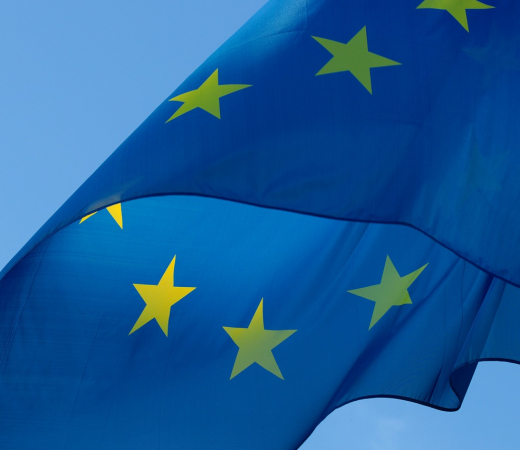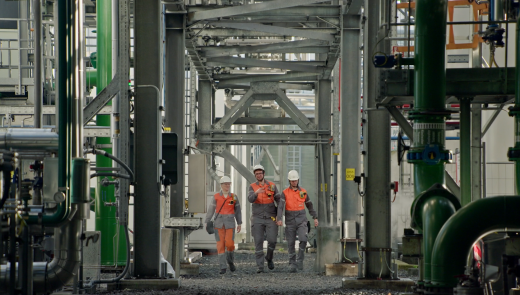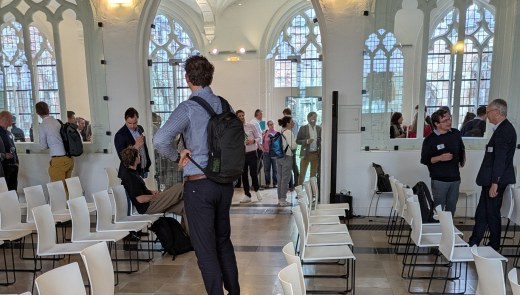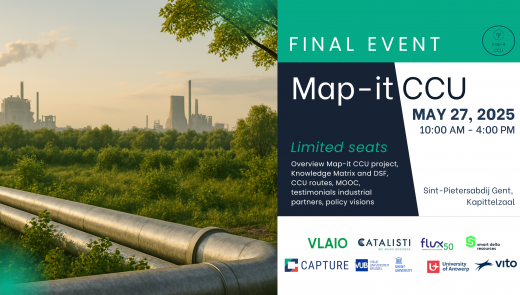Impact Clean Industrial Deal on our region

The Clean Industrial Deal, presented by the European Commission on 26 February 2025, is an ambitious action plan aimed at strengthening the competitiveness and resilience of European industry while accelerating the transition to a carbon-neutral economy. This initiative builds on the objectives of the European Green Deal and introduces concrete measures to promote decarbonisation and boost economic growth.
Clean Industrial Deal objectives and measures
One of the key points of the Clean Industrial Deal is to lower energy prices and reduce administrative burdens for companies, especially for energy-intensive sectors and clean technologies. It also aims to boost demand for sustainable, EU-made products by introducing sustainability, resilience and European preference criteria in both public and private tenders.
Thematic pillars of the agreement
To achieve these goals, this deal comprises six thematic pillars:
- Energy security and energy prices: Accelerating the rollout of renewable energy and electrification, cooperating with suitable gas suppliers, and modernising energy networks.
- Financing: Mobilising €100 billion for a decarbonisation bank to support cleantech companies.
- Recycling and critical raw materials: Promoting circularity and securing the supply of essential materials.
- Labour and skills: Addressing skills shortages and creating high-quality jobs.
- Leading markets: Stimulating demand for clean products through product labels that indicate carbon intensity, allowing companies to benefit from a “green premium” and consumers to be better informed.
- Global action: Strengthening international cooperation and entering into strategic partnerships to tackle global challenges.
Sectoral action plans
As a derivative of the Clean Industrial Deal, the European Commission has specific sectoral action plans, including for the automotive industry, the steel and metals sector, and the chemical and cleantech industries. These plans are intended to provide tailor-made solutions for the unique challenges and opportunities within these sectors. Through this integrated approach, the Clean Industrial Deal aims not only to make European industry more sustainable, but also to stimulate economic growth and strengthen Europe's international competitiveness.
Impact on energy-intensive sectors in the SDR and North Sea Port region
It goes without saying that this Deal has a significant impact on energy- and resource-intensive companies in the SDR region. That is why we at Smart Delta Resources are monitoring this closely, together with our members and North Sea Port, in order to convey the right messages to policymakers.


